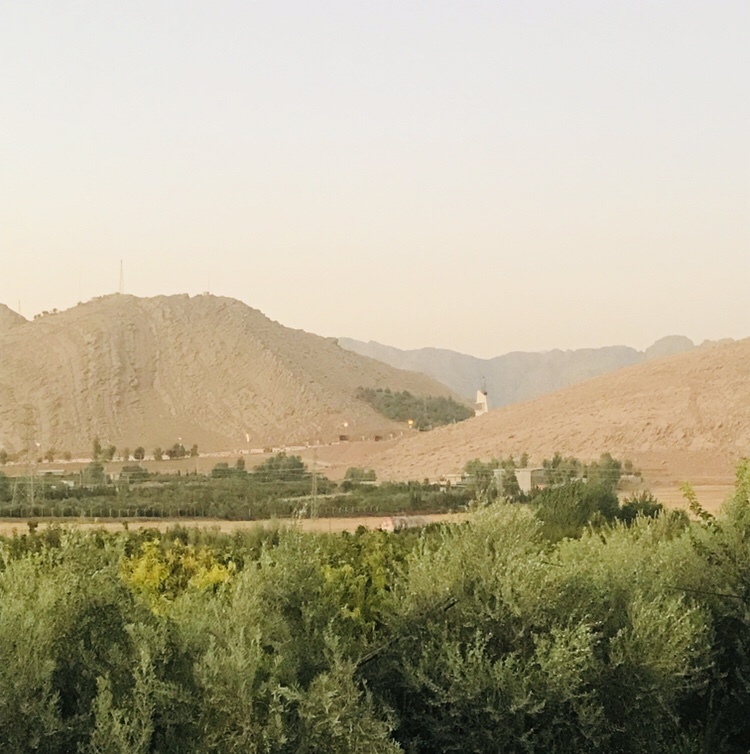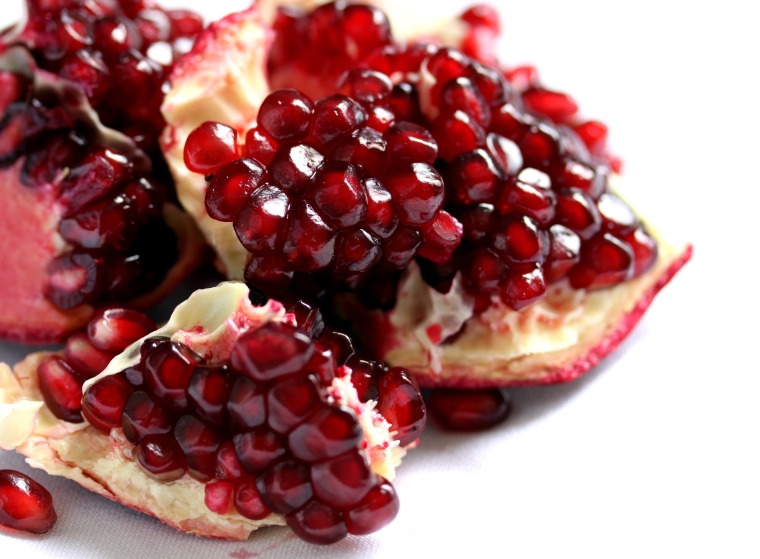
“Write more about Kurdistan! I want to hear more about your life!”
This text came from my younger daughter recently. I realize I haven’t written much about my new normal. Perhaps it’s because my new normal sometimes seems so far beyond what I ever imagined that I can’t find words. Other times it feels so similar to my past lives in Pakistan and Egypt that I feel I have stepped back in time.
My work at the college of nursing is difficult to describe. Every day is different and every day I learn something new. The route to my office is changing as the weather changes. These past few days as I walk to work I don’t revel in the crunchy, golden leaves of fall in Boston. Instead I see mums, a cactus, and a palm by our plant store along with an open fire boiling tea for students and faculty as they pass by.
Yesterday I went with the 4th level nursing students to the village. I have spent a good deal of time with the community health teachers, as that is my specialty, and this is the second trip I have taken with the group. The first was to one of the primary care centers in the city of Rania. Like the United States, Kurdistan has worked hard to strengthen its primary care infrastructure. The result is that every district has several primary care centers. This takes the strain of preventive and regular care off of a hospital system, and puts non-emergent care into clinics. Vaccines, sick visits, well-child visits, physiotherapy, tuberculosis care, and more are all done in out patient settings. The students visited the center and had an introduction to everything the center does. They then split into groups to observe a specific area of the center. Yesterday, continuing in the vein of community health, we went to one of the villages outside of Rania to do home visits.
We traveled by bus along a winding road that, if taken far enough, would eventually lead to Iran. The weather was cloudy and the mountains surrounding us have ground coverings of green from the recent rains. On the way we passed orchards of pomegranates and figs, the pomegranates bright red as it is late in the season. You could see people going about their daily lives in every village we passed. Two women in Kurdish house dresses chatting at the side of a road, men sitting and eating sunflower seeds and drinking steaming cups of tea, children on their way to school – all normal activities for this time of the morning.
About 25 minutes from the university, our bus driver found a gravel area to park off the side of the road, and faculty and students got off the bus.
I stood there for a moment looking at my surroundings and found the whole situation surreal. It was quiet and you could hear birds chirping, whether in Kurdish or English – who could know? Here I stood in a village in Northern Iraq with thirty some nursing students and three other teachers. I was surrounded by mountains, winding roads, Kurds, and Kurdish. I shut my eyes for a moment, trying to comprehend my life. I couldn’t. If someone had told me a year ago that I would be in this position, I don’t think I would have believed them! I think I would have said “In my dreams, maybe, but not in reality.” Yet here I am.
The students divided into groups of four and headed off to complete questionnaires through home visits in the village. I followed along with one group and another teacher. We stood on a balcony overlooking the street while the students sat and asked questions of a mother and her daughter. Culturally, this is not easy for the students. To go to a stranger and invite yourself into their space, to ask questions about their family, to find out things about their health and their living situation – none of this is easy. But it is part of learning about a community, part of learning about the health of the community. In what I have learned is typical of Kurdish people, we were all invited inside – Come for tea, come for a meal, come stay! But the students came with a specific purpose, so we refused all but the tea. The tea was most welcome, served hot, strong, and sweet in small, decorative glasses with saucers that matched.
Soon after we hugged goodbye, but not without promising to return. We headed back to the bus but first had our prerequisite group picture, standing on an incline near the village school.
That’s just as small snapshot of my life. As I said, It feels at some points unbelievable, and at other points unbelievably normal. That’s what strikes me each day.
I get up every day and I sit in my living room to reflect and wonder and pray. I sit and watch the sun’s light grow brighter on the mountains that I can see from our living room window. I drink my coffee and think about life, what it means to live, to redefine success from my narrow view; what it means to live here in Kurdistan.
I think about how my life has changed and what it is like to continue living in a paradox, my worlds so far apart. I think about living between worlds, how hard and yet how rich it is. I think about how I am an outsider here, and yet sometimes it’s easier to live as an outsider here than it is for me to live as a supposed insider in the United States. I think about the dilemmas that we between worlds people feel and face, how the complexity of these feelings never really ends, but we learn to be content within them. We learn to be satisfied with life in the in between.
I think about all those things, but most of all, I think about what it means to love God and love people a little more each day.
So that’s my slice of life today. Who knows what tomorrow may hold?













